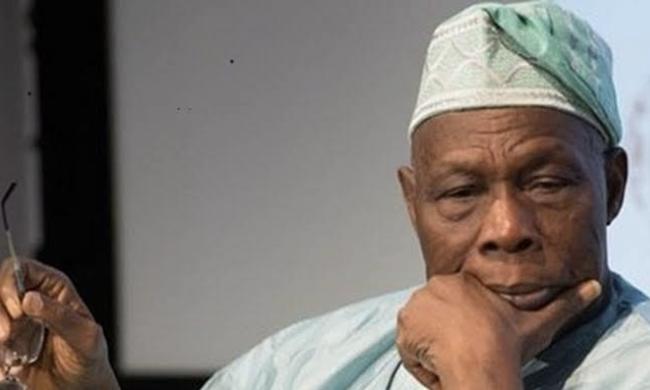
In February 2002, Nigeria witnessed a shocking and covert operation orchestrated by former President Olusegun Obasanjo and senior police officials. The operation led to the execution of 37 police unionists who had dared to organize a nationwide strike under the National Union of Police (NUP). This union was spearheaded by Teslim ‘Samore’ Oyekanmi, a journalist-turned-activist who worked tirelessly to rally the police force for better welfare.
The NUP, operating underground, had made several demands to the Inspector General of Police (IGP) for improved working conditions and welfare for rank-and-file officers. However, these demands were dismissed by the police hierarchy as trivial. Samore, determined to make a difference, persuaded the union that a mass strike was the only way to force the government’s hand.
The strike, which began in February 2002, was unprecedented in Nigeria’s labor history. President Obasanjo and the government were caught off-guard by the scale and impact of the action. Baba Aye, an activist and trade unionist, recounted how the movement began in a bar in Benin City, where Samore convinced junior officers from the Edo State Police Command to consider unionizing. Initially skeptical, the officers were swayed by Samore’s examples of police unions in other countries, including the Police and Prisons Civil Rights Union (POPCRU) in South Africa.
Assuming the alias “Monday Sule,” Samore became the secretary of the underground NUP. Together with key members from the Edo State Police Command, he toured the country to build support for the union. Despite resistance, the NUP grew in strength and eventually called for the historic strike.
As the strike unfolded, the government responded with severe measures. Soldiers were deployed to take over police duties, and hundreds of rank-and-file officers suspected of being NUP members were arrested. Baba Aye recalled visiting a bank in Akure, where the manager informed customers that the branch would close due to the strike’s uncertainty and security risks.
While some of the union’s demands were eventually met, including improved welfare for officers, the government launched a brutal crackdown. Dozens of officers were tortured, and as many as 37 were executed in secret. Samore revealed that many of those killed were close to him but refused to betray the union.
The strike marked the end of the NUP, as its key leaders were eliminated. The sacrifices of these officers, however, left a lasting impression on Nigeria’s labor movement. Samore, who played a pivotal role in the union’s formation, knew the risks but believed the fight for justice was worth it.
Before his death in 2011, Samore had become a respected figure in the trade union movement. Comrades such as Ayuba Wabba and Marcus Ighodalo Omokhuale mourned his passing, remembering his unwavering commitment to workers’ rights and his radical approach to change.
For more updates, join our WhatsApp channel: Chronicles Reporters WhatsApp Channel.